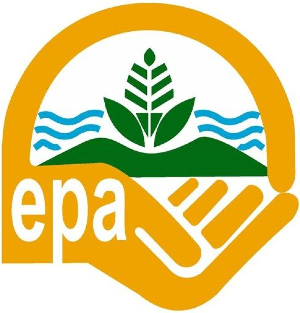General News of Wednesday, 21 August 2019
Source: ghananewsagency.org
CIKOD advocates inclusion of moringa cultivation in PERD
Mr Daniel Banuoku, Deputy Director of the Centre for Indigenous Knowledge and Organisational Development (CIKOD)-North, is advocating the need for government to include moringa cultivation in the Planting for Export and Rural Development (PERD) programme.
He said the economic and nutritional values of moringa had the potential to transform the economic fortune of farmers as well as improve nutrition intake among the people, especially, children.
Speaking in an interview with the Ghana News Agency in Wa on Friday, Mr Banuoku explained that there was high international demand for the moringa products, especially oil from the seed.
CIKOD is promoting the cultivation of moringa among farmers, particularly, in the Nandom District and Lawra Municipal.
He said moringa oil could be used for manufacturing cosmetics products such as body cream and soap, as well as for herbal purposes, while the leaves used for tea and as vegetables.
Mr Banuoku further explained that the consumption of the moringa seed oil could help reduce one’s risk of being attack by stroke and hypertension since it protected the human immune system in general.
On the economic benefit, the agro-ecology advocate noted that a litter of the oil costs about GHC300.00 to GHC400.00, while one kilogram of the seed ranges between GHC15.00 to GHC20.00.
He also indicated that the moringa seed crack could be used to produce nutritious poultry feed as the government implemented the Rearing for Food and Jobs (RFJ) programme, organic nutrients for crop production as well as production of biogas.
He added that honey produced from moringa plantation was also regarded as essential honey which was of high demand in the international market and could serve as additional source of income to the farmer.
Mr Banuoku observed that, moringa which has been grown and consumed in the northern part of Ghana for over 50 years, could be of immense economic and nutritional benefit to the rural folks and the nation at large if farmers are encouraged to cultivate it on large scale as part of the PERD programme.












